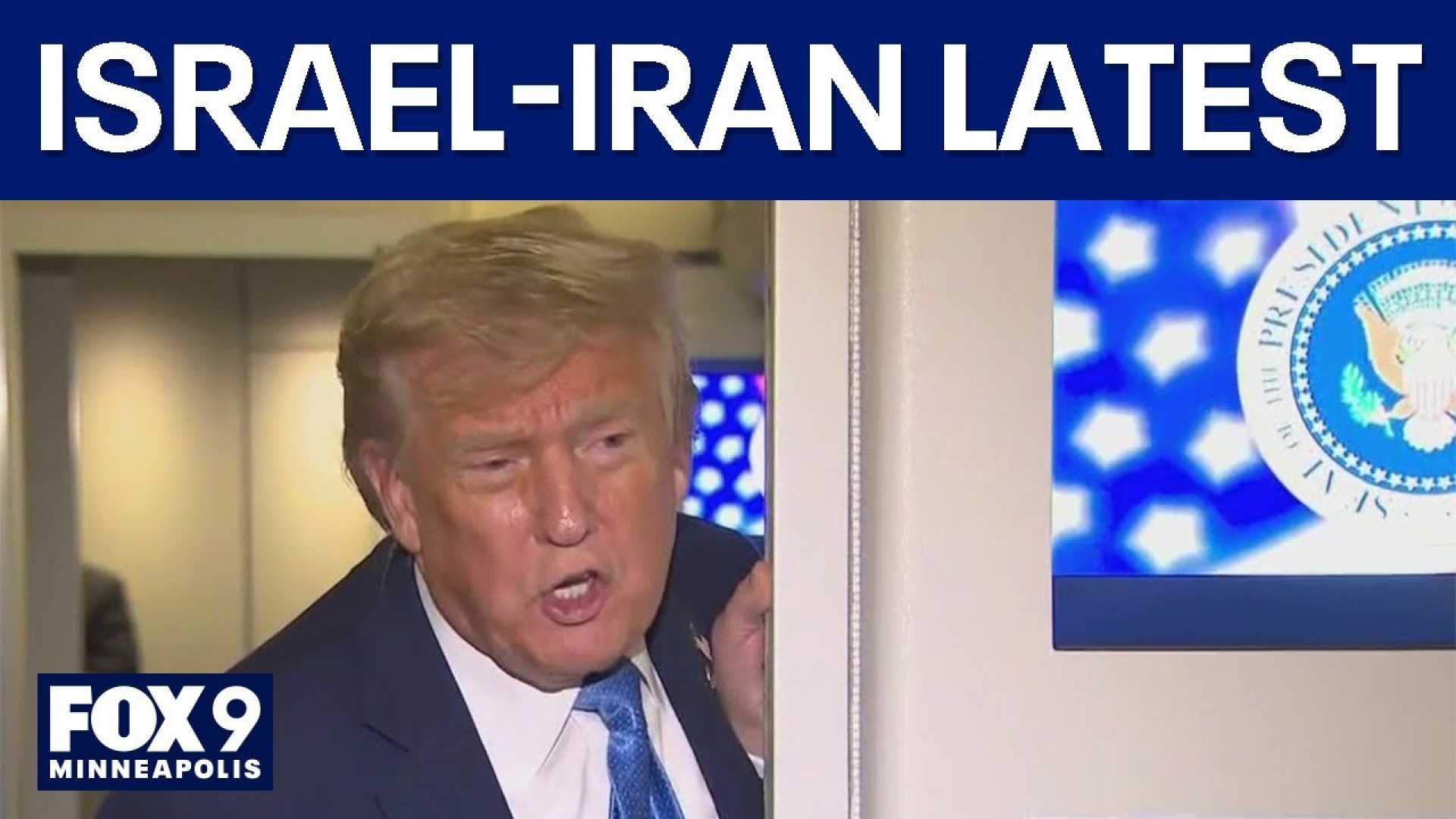Politics
Trump Weighs Military Action Against Iran Amid Ongoing Israeli Strikes

WASHINGTON, D.C. — President Donald Trump has indicated he might approve military action against Iran as tensions escalate following Israeli airstrikes on Iranian nuclear sites. Late Tuesday, Trump told senior aides he had approved attack plans but was waiting to see if Iran would abandon its nuclear ambitions, according to sources familiar with the discussions.
Trump publicly acknowledged on Wednesday that a U.S. attack was being considered but hinted he might ultimately choose diplomacy. “I have ideas on what to do but I haven’t made a final—I like to make the final decision one second before it’s due,” he told reporters.
The current situation follows heightened military activity as Israel continues its strikes on Iran’s nuclear infrastructure, which began last week under the operation titled “Operation Rising Lion.” The Israeli military has targeted over 1,100 sites in Iran, including military bases and missile infrastructure components, resulting in significant damage.
A senior White House official confirmed that various options were still being evaluated and that Trump’s administration is monitoring the situation closely. At present, U.S. support has been limited to assistance for Israel in defending against Iranian missiles and drones.
Trump’s core national security team is reportedly composed of experienced advisors, including Vice President J.D. Vance and Secretary of State Marco Rubio. They are weighing the implications of a potential U.S. strike, as Israel’s operations have not yet succeeded in eliminating Iran’s most fortified nuclear facilities.
Amid uncertainty, Trump has emphasized the need for Iran’s unconditional surrender and hinted that forthcoming days may prove decisive. “The next week is going to be very big, maybe less than a week,” he remarked. However, some officials suggest Trump is also inclined to resolve the crisis without further military escalation.
While military options are being considered, possible repercussions loom large, including potential Iranian retaliation against U.S. military bases in the region. As former officials note, entering this conflict could lead the U.S. into another war in the Middle East, with unpredictable outcomes.
Iran’s supreme leader Ayatollah Ali Khamenei has publicly rejected Trump’s demands. Yet, recent reports suggest Iran might be interested in negotiations, especially as they assess the extensive losses incurred from continuing Israeli assaults.
As discussions on military options progress, the risks associated with a potential strike remain significant. Leaders in Washington are urged to proceed with caution to avoid escalating the conflict further, particularly given the volatile dynamics of the region.












